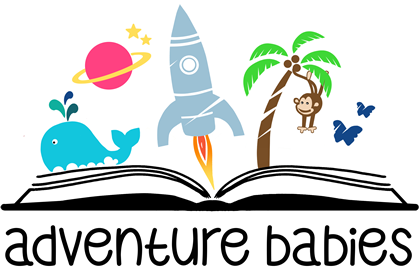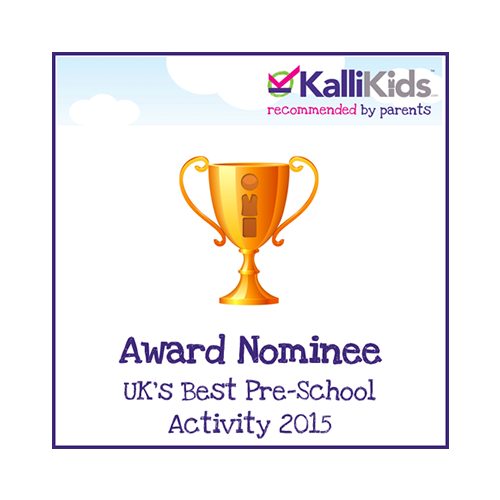Because chewing the corners is part of the journey. Ever wondered how to help your baby love books—even when they’re more interested in trying to eat them? You’re not alone. At Adventure Babies, we see it every day: babies grabbing board books with chubby fingers, squealing at flaps, and staring (deeply) at animal illustrations. And […]
If you’ve ever tried to read to your baby while spooning Weetabix into their mouth with one hand and catching a flying sock with the other—hi. You’re our people. Let’s face it: parenting a baby is beautifully bonkers. Some days, reading a book feels like just one more thing to “fit in.” Other days, it’s […]
You’ve probably Googled “how to survive maternity leave” at least once by now—but let’s flip the script. What if we focused on the best things about maternity leave instead? Yes, it’s chaotic. Yes, you’ve cried into your toast at least twice this week. But in the middle of the emotional rollercoaster, there are some golden, […]
Summer with a baby is a bit like a rom-com montage—equal parts adorable and chaotic. One minute you’re watching them coo at a butterfly, the next you’re scraping a half-melted rice cake out of their neck folds. Whether you’re beach-bound or garden-based this year, summer offers amazing chances to support your baby’s development (without needing […]
Let’s be honest—everything feels harder in a heatwave. Even putting socks on feels like a workout, and that’s before you’ve tried to settle a sweaty baby for a nap. If you’re frantically Googling “how to keep my baby cool in a heatwave,” you’re not alone. At Adventure Babies, we know our way around a baby-safe […]
The first time I read a story to my baby, she was 6 weeks old, cross-eyed from tiredness (same, babe), and very clearly more interested in staring at the ceiling light than Dear Zoo. But I kept going. And honestly? It became one of our favourite little rituals. Because even though she couldn’t understand the […]
The 3-Second Story: Making the Most of Your Baby’s Micro-Attention Span How to improve my baby’s attention span might not be something you thought you’d be thinking about so soon.But here you are—narrating your entire breakfast routine to a tiny human who stares at you intensely for three seconds, then gets distracted by the toaster. […]
What Is Sensory Storytelling, Really? (And Why It’s Brilliant for Baby Brains) If you’ve ever watched your baby go wide-eyed at a rustling scarf or giggle as you change your voice for a bear character—you’ve already seen sensory storytelling in action. It’s more than just reading a book. It’s bringing stories to life in a […]
From Splash to Snuggle: Sensory Play Ideas That Turn Into Stories If you’re googling “sensory play ideas for babies 0–1” during your one-handed lunch or lukewarm coffee moment—welcome. You’re in the right place. At Adventure Babies, we see first-hand how the tiniest sensory moments—like a splash in the bath or a cuddle with a soft […]






